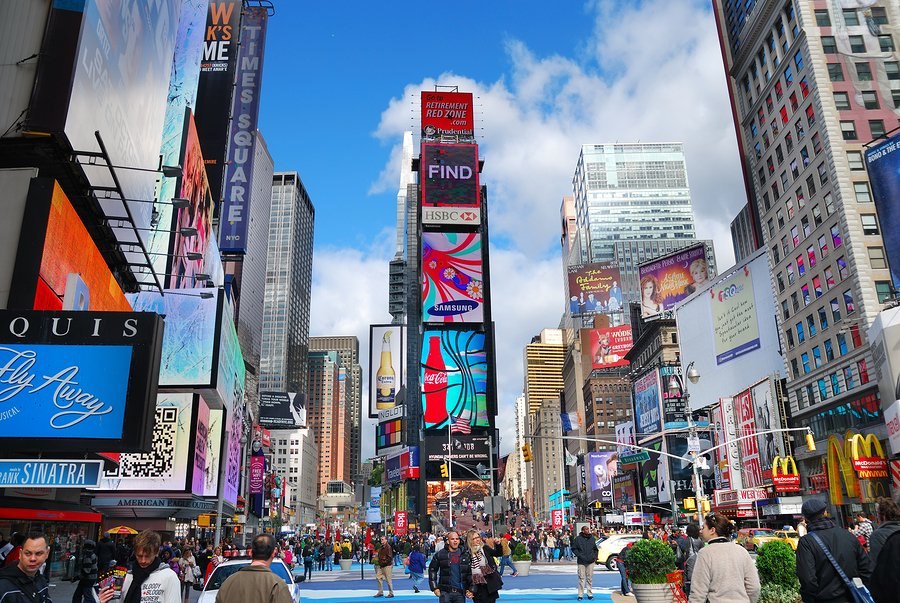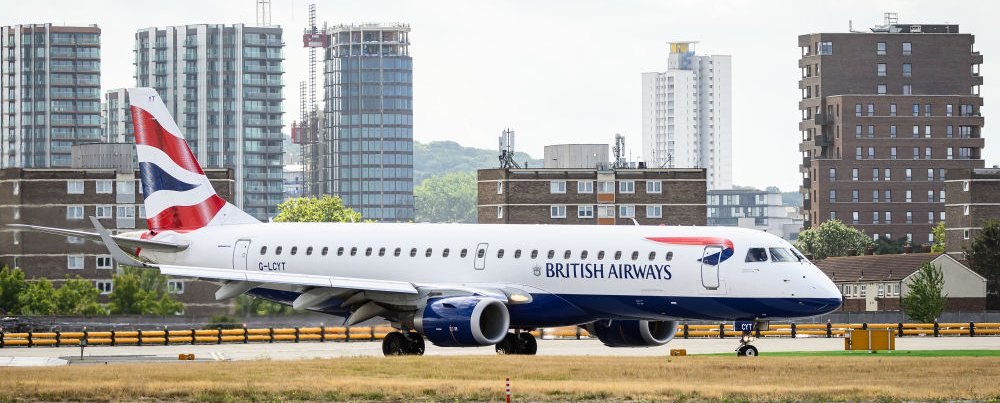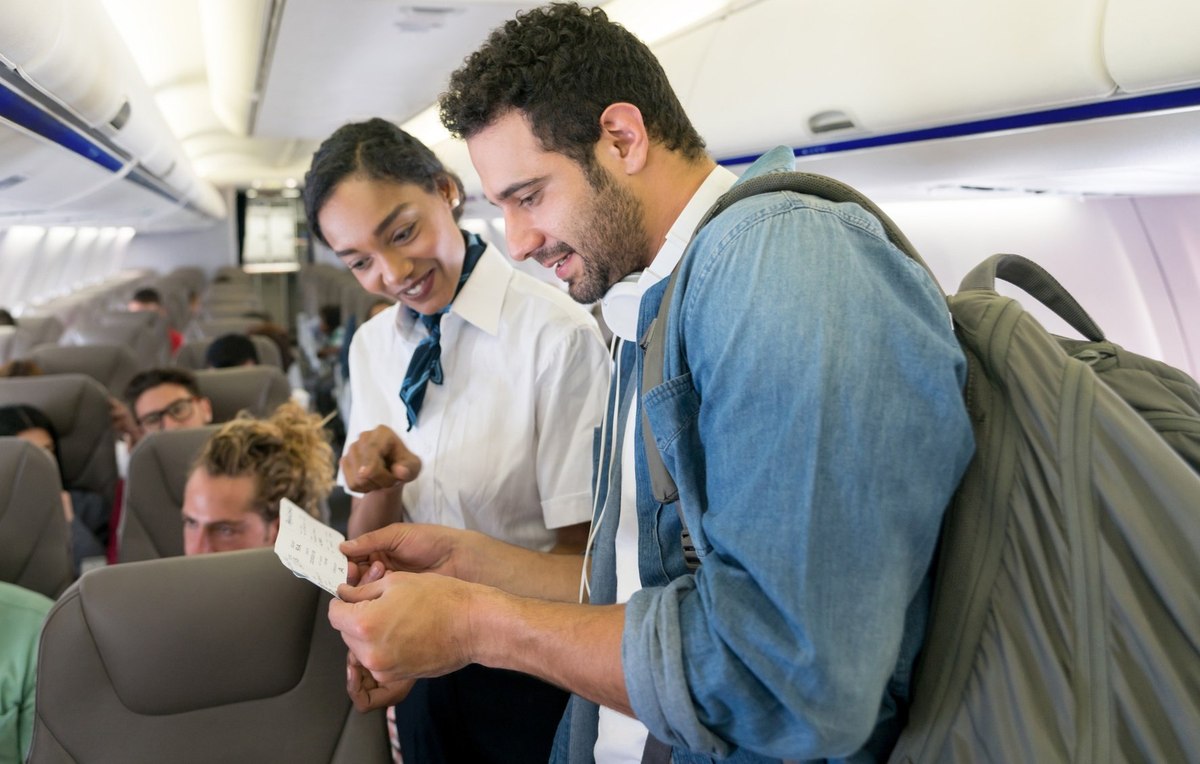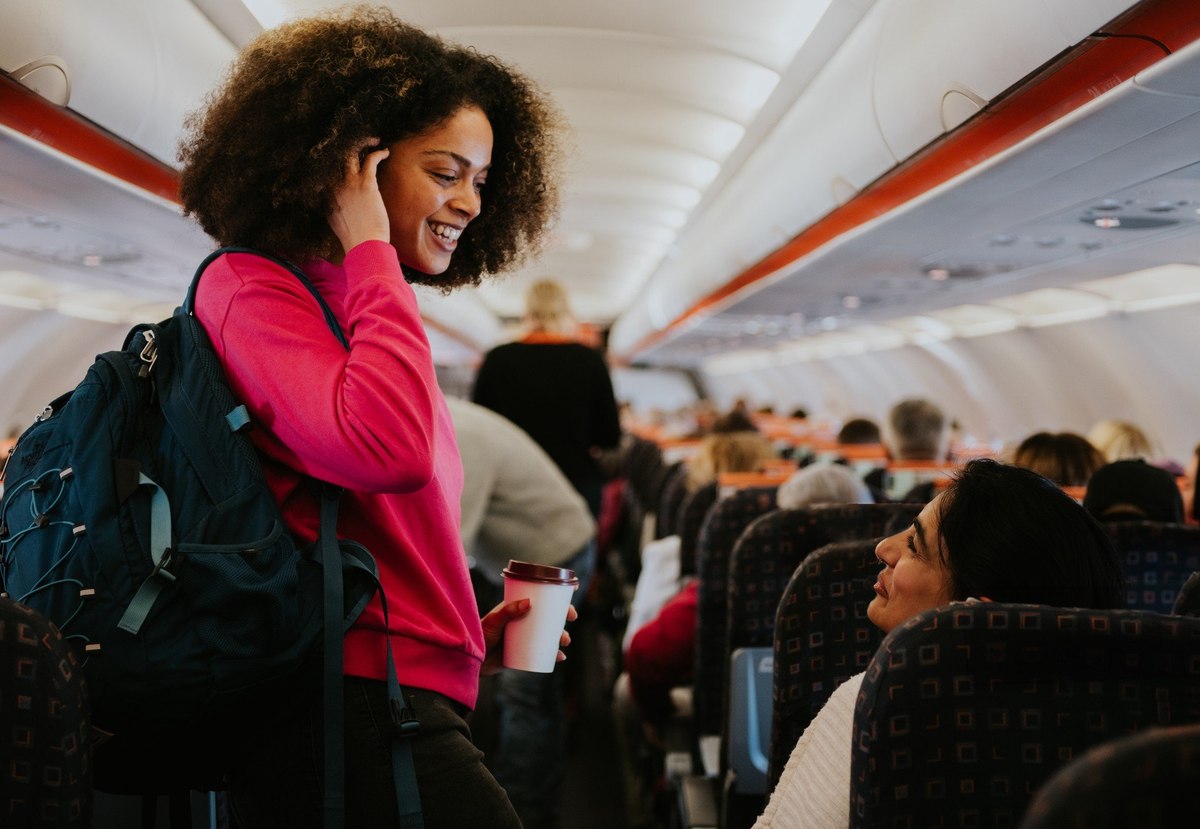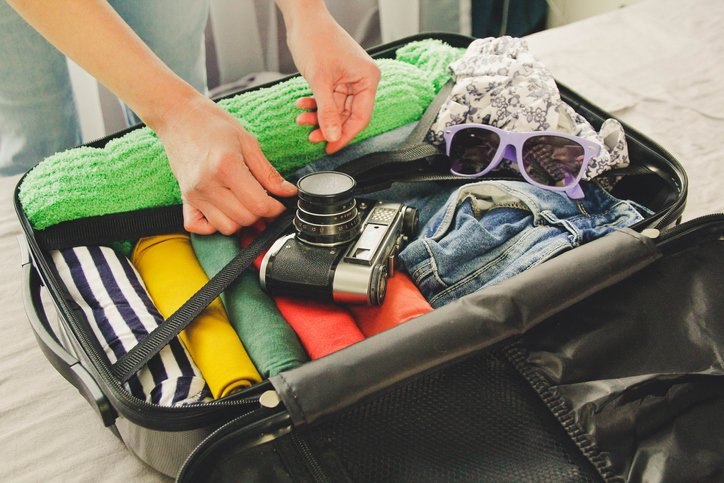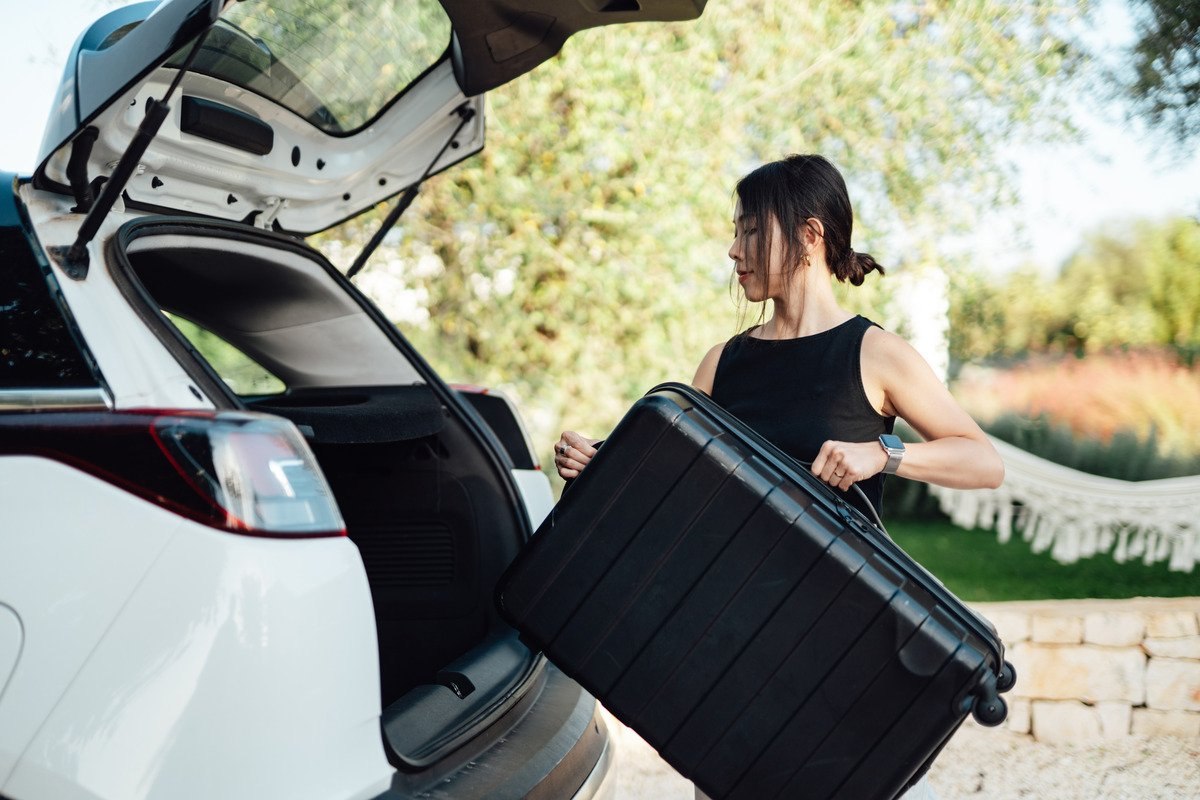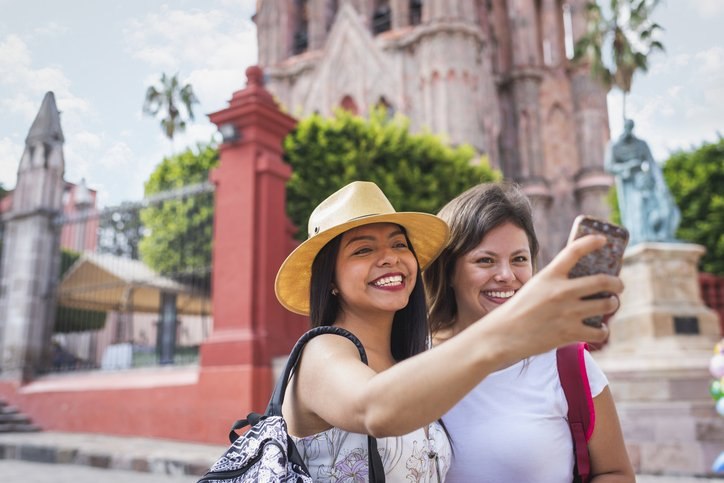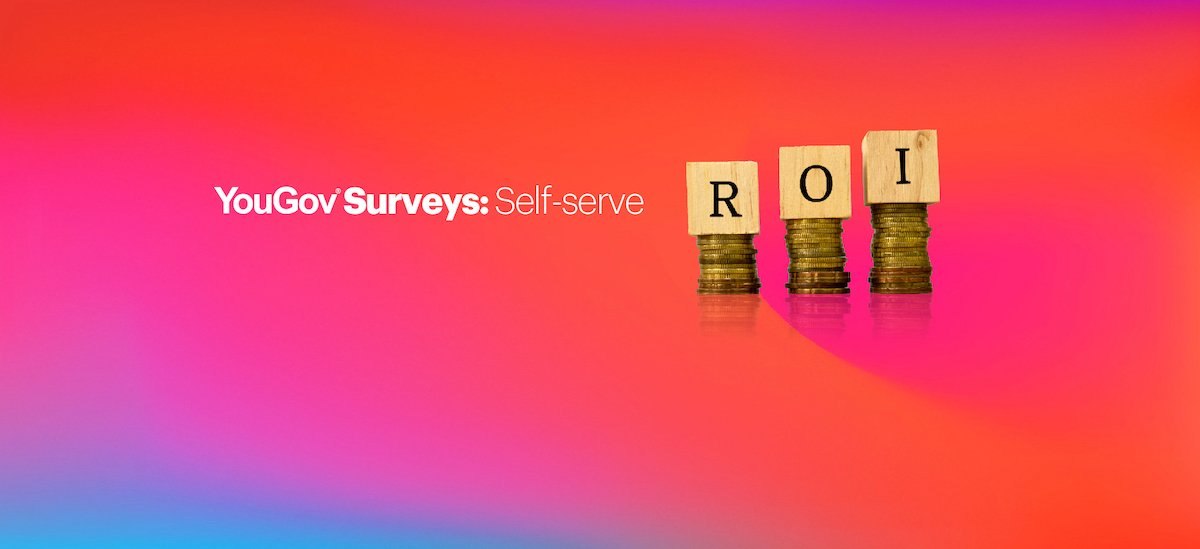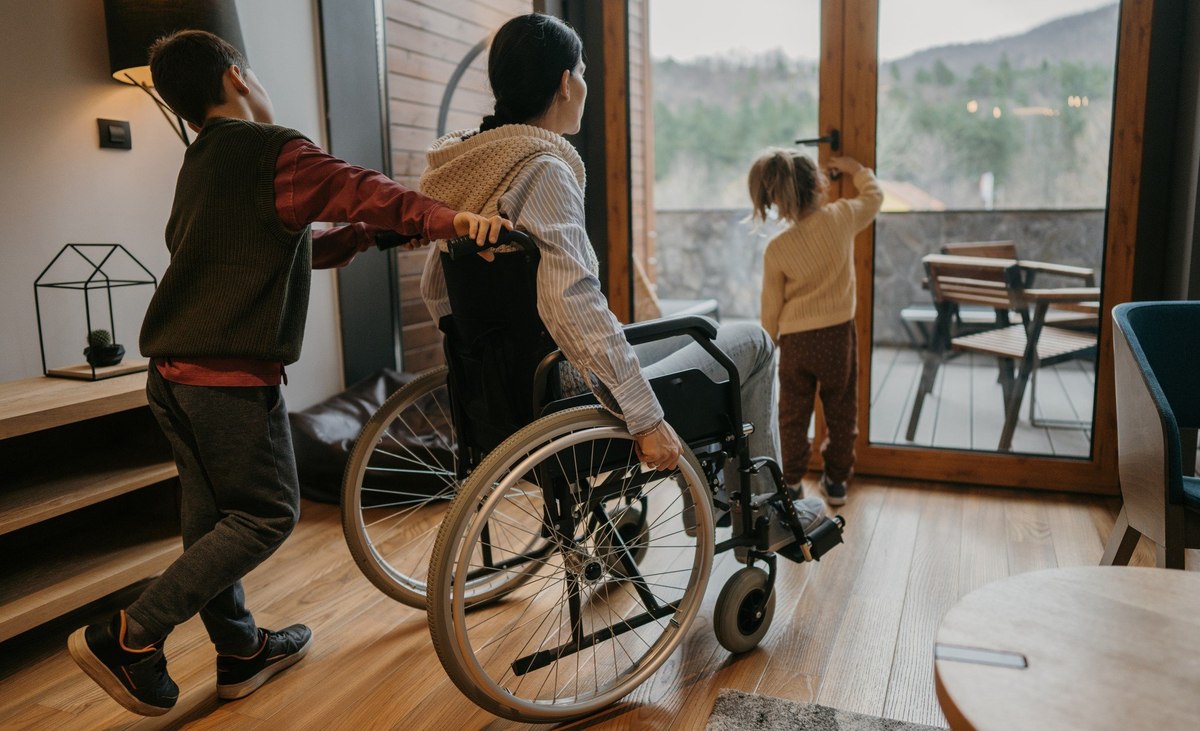
Travel for all: How travel brands can look to bridge accessibility and inclusivity
The travel industry is undergoing a shift towards greater diversity and inclusion, with travellers demanding experiences that reflect the modern world and cater to a wider range of needs. YouGov conducted a survey among British adults to learn more about:
- The importance of inclusivity to travel
- The top resources inclusive travellers rely on for information
- The biggest barriers inclusive travellers face
According to the research, around a third of respondents (34%) believe it is important for travel brands to feature people from diverse backgrounds in their advertising. Additionally, roughly three in ten British travellers (31%) say they look for inclusivity when booking accommodations. This includes accessibility adaptations for travellers with disabilities, diverse dining options to accommodate various dietary requirements, and family-friendly amenities.
Older travellers are more likely to opt for inclusive accommodations or destinations (35% of 45-54-year-olds and 37% of 55+) compared to 18-24-year-olds (14%).
How do travellers assess the inclusivity of a travel package or destination?
To assess the inclusivity of a travel package or destination, travellers rely on various sources. Reviews from travellers with similar needs are the most trusted, with 46% of respondents citing them as their primary resource. Clear descriptions of accessibility features offered by accommodations and destinations is also crucial for 34% of respondents.
Travel blogs and articles that highlight destinations with inclusive offerings and social media content showcasing real travellers enjoying inclusive experiences, are also used by some travellers, though to a lesser extent (7% each). A smaller percentage of respondents (5%) find inclusive language in marketing materials helpful.
The path to an inclusive travel experience is not without challenges. Higher costs associated with inclusive options pose a hurdle for 33% of respondents.
Additionally, 28% report a lack of readily available information from travel destinations or accommodations, and 17% find it difficult to locate destinations and accommodations that cater to diverse needs.
Overall, the push for inclusivity in travel is clear, with travellers seeking experiences that accommodate a wide range of needs and reflect diverse backgrounds. Travel brands and destinations that respond to this demand can better serve their customers and contribute to a more inclusive travel industry.
Explore our living data – for free
Discover more travel and tourism content here
Want to run your own research? Run a survey now
Make smarter business decisions with better intelligence. Understand exactly what your audience is thinking by leveraging our panel of 26 million+ members. Speak with us today.
Methodology: YouGov polled 700 UK adults on April 29, 2024. The survey was carried out through YouGov Surveys: Self-serve. Data is weighted by age, gender, political affiliation, education level and region. Learn more about YouGov Surveys: Self-serve.
Image: Getty Images





